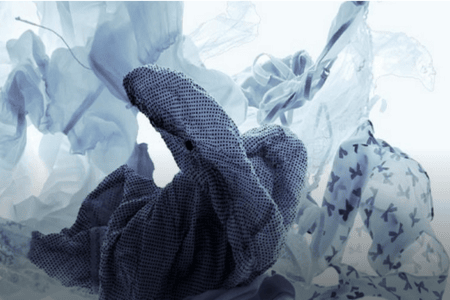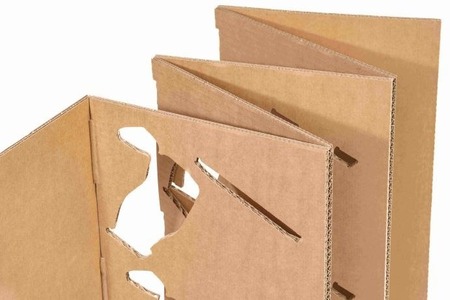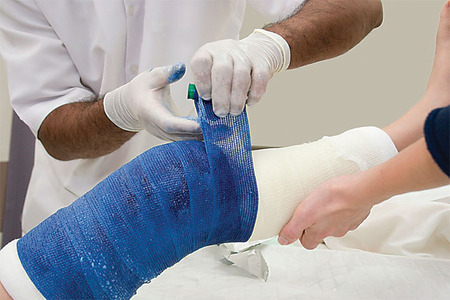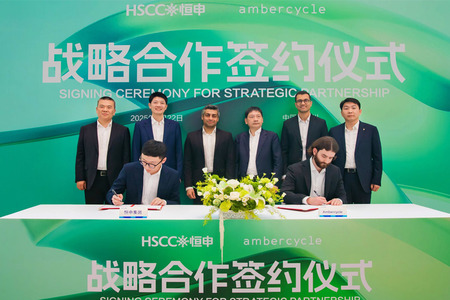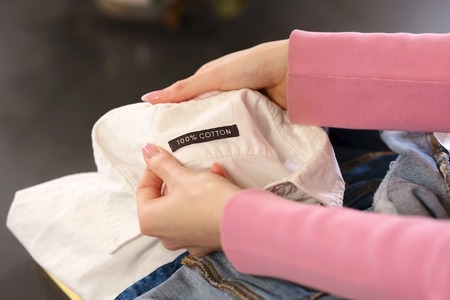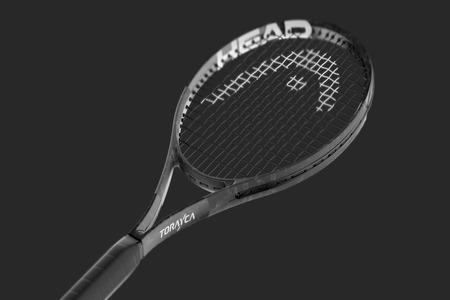Indonesian textile sector likely to receive investment of Rp 3 trillion this year
YarnsandFibers News Bureau 2015-05-11 10:00:00 – JakartaIndonesian textile and garment industry regardless of rising challenges by way of new electricity prices and increase in labor costs expects to receive investment of around Rp 3 trillion (US$230.15 million) this year. According to Indonesian Textile Association (API) chairman Ade Sudrajat, sizeable portion of Rp 1 trillion will derive from a local firm, while the majority will come from foreign investors, particularly from China, South Korea and Taiwan.
Ade during a recent seminar hosted by the Investment Coordinating Board (BKPM) said that most of the investment will be poured to Central Java.
The manufacturing facilities to be financed by the planned investment were to produce apparel as investors anticipated greater market access that Indonesia was targeting through potential trade agreements with key buyers, such as the EU.
Without free trade deals, Indonesian textile and garment producers are currently being charged duties ranging from 11 to 30 percent to main export destinations, including the EU and US. The trade arrangement may push down levies to as low as zero percent, resulting in an enhanced edge of traded goods in terms of price.
The country is preparing to start talks on a long-delayed comprehensive economic partnership agreement with the EU, which is expected to boost the competitiveness of its products to the 28-member bloc.
Indonesia has seen its shares decline in textile trading with major partners from 2007 to 2013, excluding Japan, with which it has inked an economic partnership agreement, the data from the business group shows.
New challenges were faced in recent years, including automatic electricity-price adjustments. Power prices fluctuate each month depending on the rupiah exchange rate, crude oil price and inflation.
Depreciation of the local currency against the US dollar has been pushing up electricity rates, which contributes between 18 percent and 26 percent to costs in the textile and garment industry.
The association reported that least 18 firms in Java had shut down operations, laying off around 30,000 workers. The situation could worsen and the industry may further lay off up to 50,000 workers by August or September, according to its estimate.
Ade said that amid various obstacles, the business group was still upbeat about achieving its export target of $12.6 billion, similar to the figure recorded last year, driven largely by improved demand for garments, which accounted for 70 percent of exports, starting from August or September.
They hope the manufacturing industry in several countries recover by August or September so that the buying power of their overseas buyers strengthens.
API has yet to announce its first-quarter export result, but data from the Trade Ministry shows that exports of non-knitted clothing declined by 2.9 percent to $984.1 million, while shipment of knitted goods dropped by 4.9 percent to $812.8 million in the first quarter of this year from last year.
Indonesia’s main destinations of textile and textile products are the US, Japan, Turkey, Germany and South Korea.
Market Intelligence
Ask for free sample Report

experience
Customer Base
dedicated team
Countries Served Worldwide



